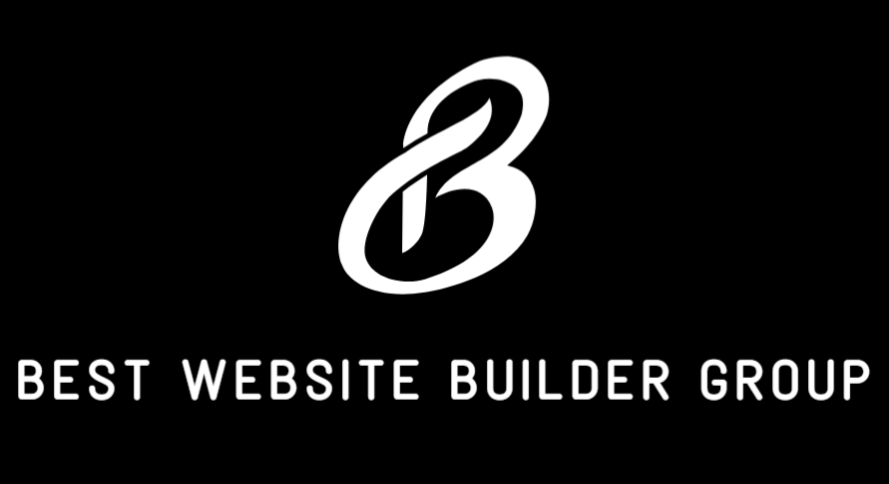Many business owners and marketers trying to grow their digital presence eventually ask, what does PPC mean in marketing? PPC stands for pay-per-click, a form of online advertising where businesses pay a fee each time someone clicks on their ad. It’s one of the most measurable and immediate ways to attract potential customers. Whether it’s a Google Search Ad, a sponsored post on social media, or a display ad on another website, PPC campaigns allow companies to appear exactly when people are searching for their products or services. For many growing brands, PPC plays a central role in balancing visibility, traffic, and conversions.
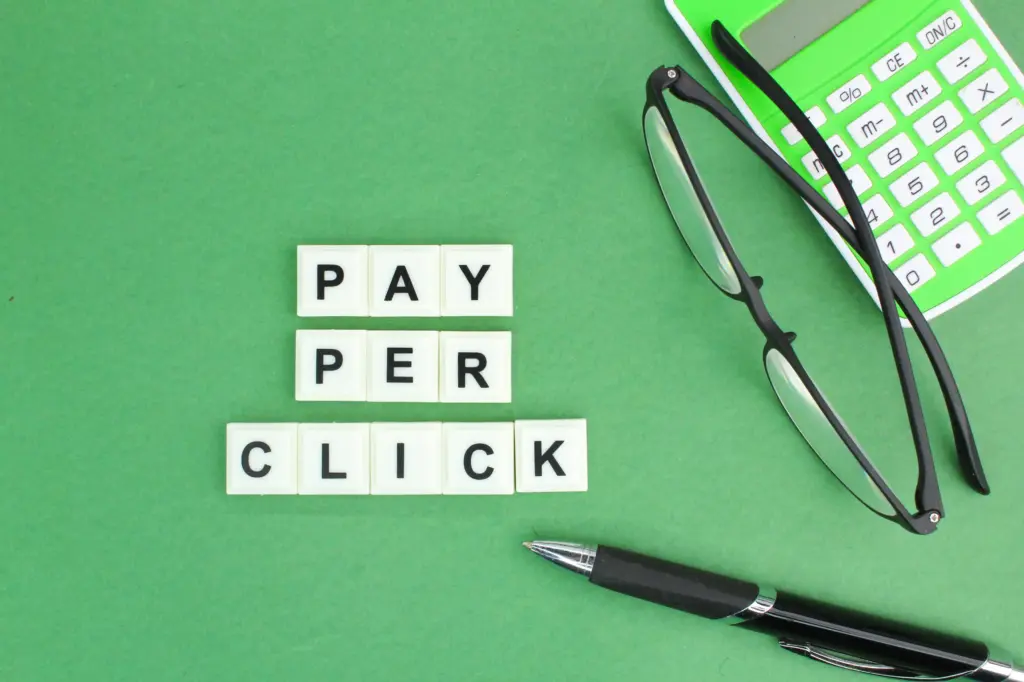
How PPC Works in Modern Marketing
To fully understand what does PPC mean in marketing, think of it as a strategic auction where advertisers bid for visibility. Instead of paying upfront for ad space, you only pay when a user interacts with your ad. Search engines like Google use a system known as “Ad Rank” that determines placement based on bid amount, relevance, and expected click-through rate. According to Google Search Central, the quality of your ad copy and landing page experience plays a major role in how well your campaign performs. PPC gives you control over your budget and allows for detailed performance tracking, making it an essential part of data-driven marketing.
The Difference Between PPC and SEO
When exploring what does PPC mean in marketing, it’s natural to compare it with SEO, or search engine optimization. SEO focuses on organic traffic, building visibility over time by optimizing your website content and structure. PPC, however, delivers instant results by placing your ads at the top of search engine results pages for specific keywords. The two work best together. SEO builds long-term authority, while PPC drives immediate leads. Many companies rely on integrated strategies that include both PPC campaigns and SEO Services to maintain consistent visibility and steady growth.
Common Platforms for PPC Advertising
Most PPC activity happens on major digital platforms that allow advertisers to target users by keywords, demographics, or behavior. Google Ads is the largest, serving billions of search impressions daily. Other options include Bing Ads, Facebook Ads, LinkedIn Ads, and YouTube Ads. Each platform offers unique targeting capabilities. For example, social media advertising allows demographic-based targeting, while search engine PPC targets intent-based queries. Businesses that understand these nuances can design campaigns that reach audiences with greater precision and efficiency.
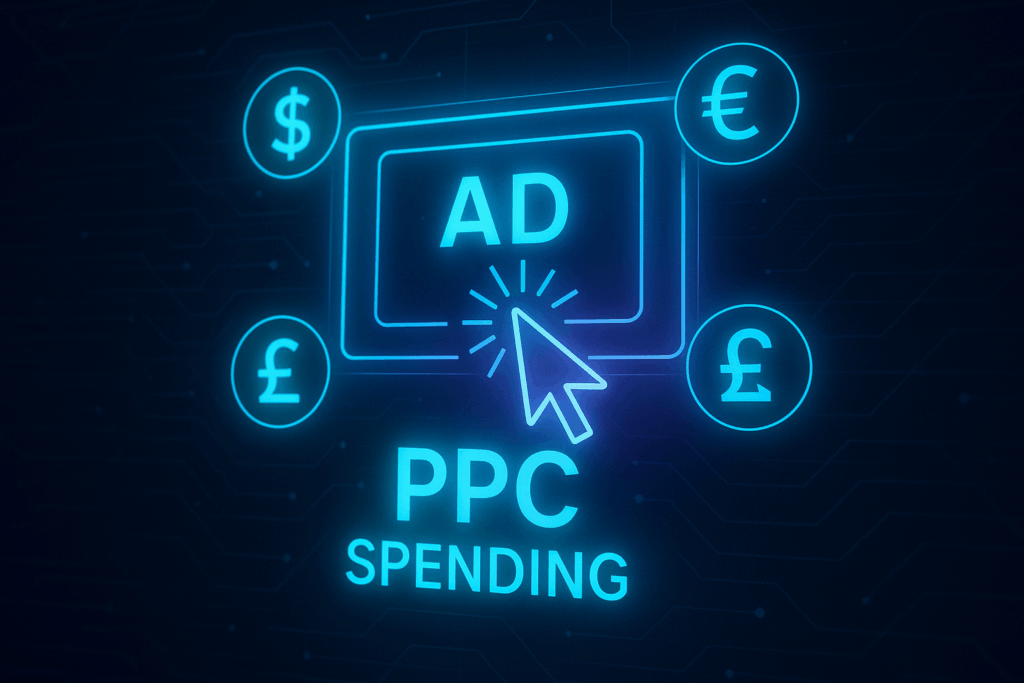
Why PPC Is Important for Businesses
At its core, what does PPC mean in marketing is about driving measurable results. Unlike traditional advertising, where exposure is broad but tracking is limited, PPC provides data on every impression, click, and conversion. According to Statista, businesses earn an average of two dollars in revenue for every dollar spent on Google Ads. This return on investment makes PPC one of the most reliable tools for scaling sales quickly. It also complements other marketing efforts, such as content marketing and local SEO, by keeping your brand visible while organic efforts mature.
How PPC Fits Into Digital Strategy
PPC is not just a standalone tactic but part of a larger digital marketing strategy. It connects with landing page optimization, remarketing, and analytics tracking. Well-executed PPC campaigns guide users through a clear path — from ad impression to conversion. The data from these campaigns helps refine audience understanding, shaping future SEO and content strategies. Businesses that work with experienced professionals like WordPress Website Design experts ensure their ads lead to fast, well-designed pages that convert visitors into customers.
Types of PPC Campaigns
PPC can take many forms depending on your goals. Search campaigns target people actively looking for your product or service. Display campaigns focus on visual branding across partner websites. Shopping campaigns highlight product images and prices directly in search results. Video campaigns use engaging media to attract attention on platforms like YouTube. For local businesses, PPC can even promote special offers within maps and mobile search. Understanding your goals determines which campaign type drives the best results for your investment.
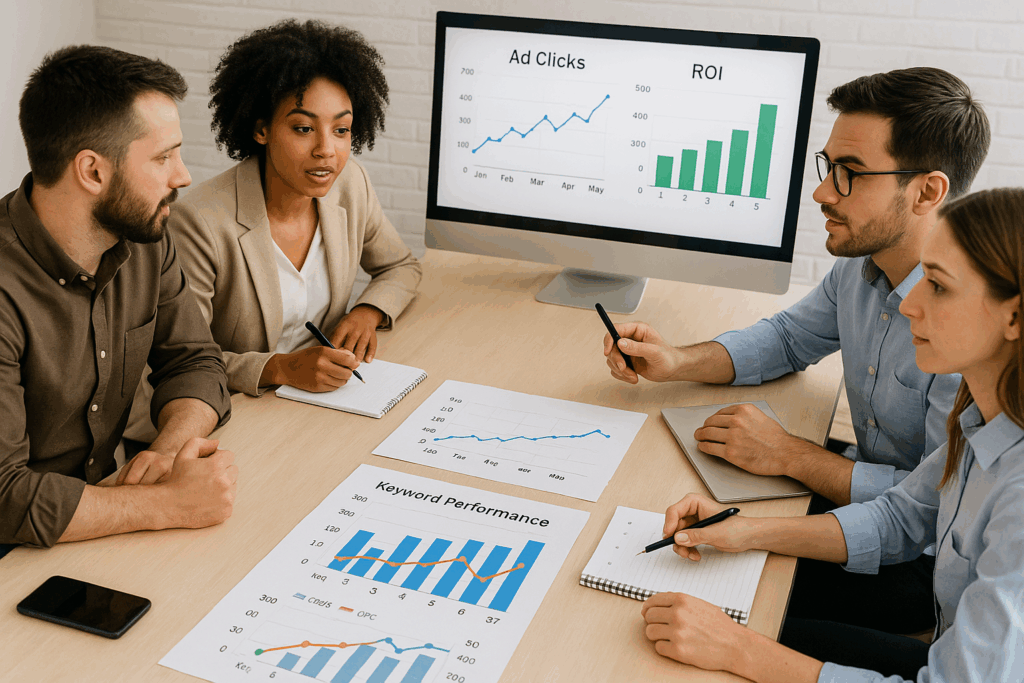
How to Measure PPC Success
Success in PPC depends on more than just clicks. Marketers monitor several metrics such as click-through rate (CTR), cost per click (CPC), conversion rate, and return on ad spend (ROAS). These figures help evaluate whether ads are reaching the right audience at the right cost. Forbes notes that PPC’s biggest strength lies in its accountability. You can track performance in real time and adjust bids, copy, or targeting immediately. This agility allows businesses to stay efficient, adapting campaigns based on audience behavior and seasonality.
Quality Score and Ad Relevance
In PPC advertising, not all clicks are equal. Platforms assign a Quality Score that determines how relevant your ads are to search queries. A higher score reduces your cost per click and improves ad placement. Relevance comes from strong keyword research, well-written ad copy, and seamless alignment between ads and landing pages. Businesses that focus on user experience rather than aggressive bidding often achieve better ROI. This mirrors the same principles that guide effective website optimization, such as through Technical SEO Services for improved site structure and performance.
Budgeting for PPC Campaigns
One of the advantages of PPC advertising is flexibility. You can start small and scale as results come in. Campaign budgets are adjustable at any time, allowing businesses to test and refine approaches without major upfront costs. The key is to allocate funds where they deliver the most conversions. Data-driven budgeting prevents waste and focuses investment on high-performing keywords. Businesses that manage their campaigns strategically often see steady performance improvements over time, proving that PPC is not just about spending money but about spending it wisely.
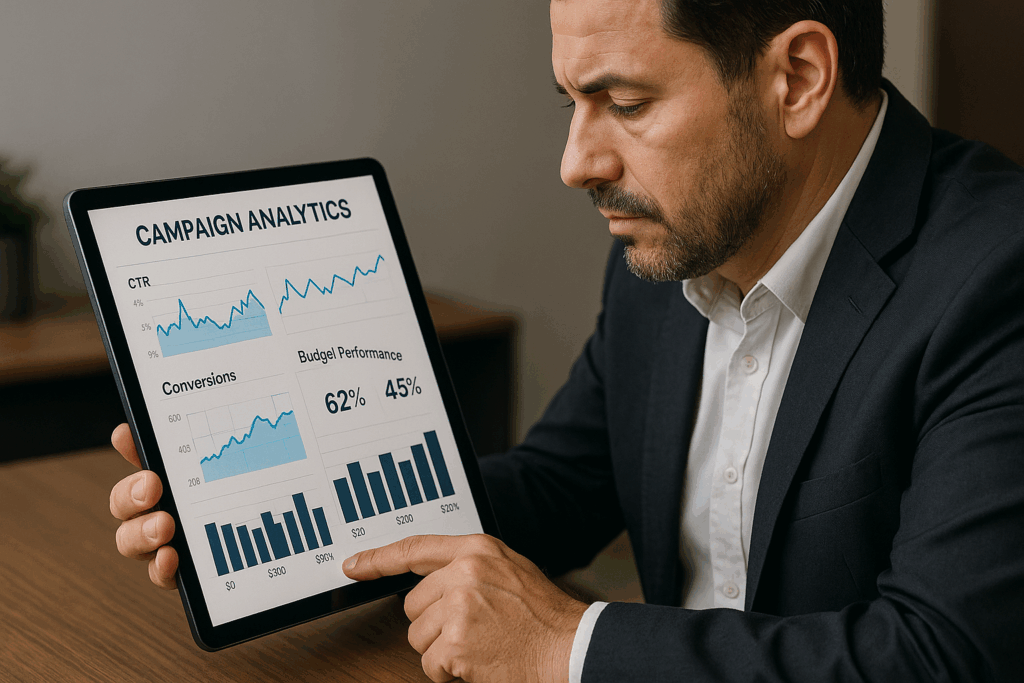
Why Businesses Partner with PPC Experts
Managing PPC effectively requires experience, constant testing, and technical knowledge. When companies ask what does PPC mean in marketing, the full answer includes understanding how professionals manage targeting, bidding, and analytics. Working with experts ensures that every click contributes to your goals. Agencies that provide full-service solutions integrate PPC with SEO, web design, and analytics for complete visibility across the marketing funnel. This approach creates consistency across all digital touchpoints, maximizing the value of every marketing dollar spent.
Conclusion
The question what does PPC mean in marketing goes far beyond its literal definition. It represents a modern, data-driven way for businesses to reach customers exactly when they’re ready to act. By combining precision targeting, real-time analytics, and measurable ROI, PPC remains one of the most powerful digital tools available today. For businesses seeking to balance long-term SEO with short-term performance, Best Website Builder Group helps integrate PPC strategies into complete marketing systems that drive growth, visibility, and lasting results.
